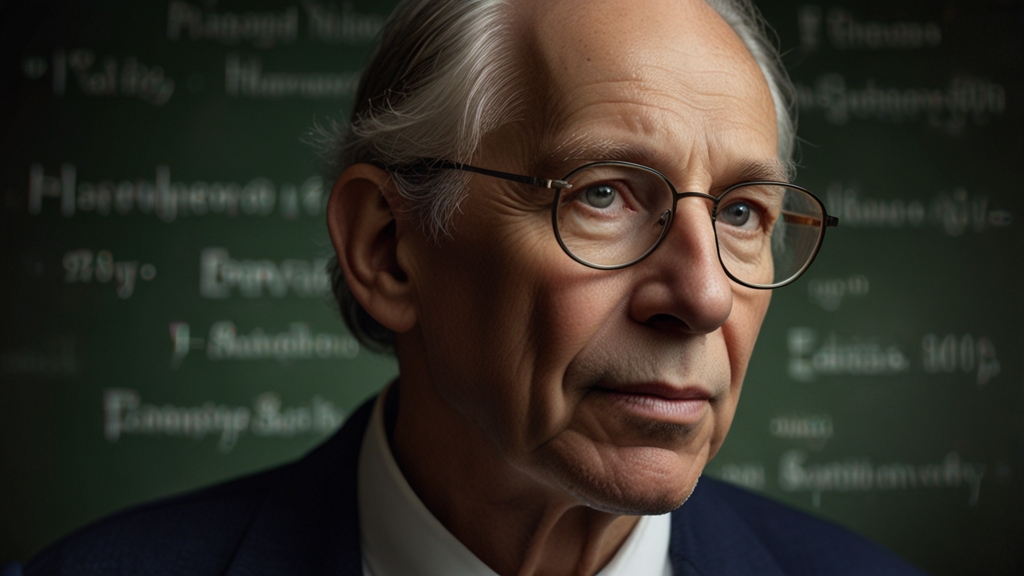Miracles in the Modern World Are They Inspired by Jesus?
Throughout history, the concept of miracles has played a significant role in religious and spiritual beliefs. In Christian tradition, miracles are often associated with Jesus Christ, whose acts of healing, provision, and control over nature serve as foundational stories in the New Testament. As we navigate the complexities of the modern world, it becomes intriguing to explore whether contemporary reports of miracles can be attributed to the influence of Jesus.
Understanding Miracles
Miracles are typically defined as events that defy natural laws and are perceived to be of divine origin. For many believers, miracles represent moments when the divine intervenes in human affairs. Historically, these events served as a testament to the divine power of Jesus, affirming his role as the Son of God and inspiring faith among his followers.
Modern-Day Miracles
The modern world, characterized by scientific advancements and technological progress, still reports instances that are perceived as miraculous. These include medical recoveries deemed scientifically inexplicable, survival from accidents that defy odds, and moments of seemingly divine intervention in personal crises. Various religious groups continue to testify to the occurrence of miracles, often attributing them to the intercession of Jesus.
Testimonies and Faith
"I was diagnosed with a terminal illness and given months to live. After praying and seeking divine intervention, my doctors were astounded by my recovery. To me, it was nothing short of a miracle, and I am convinced that Jesus was at work in my healing." - Anonymous Survivor
Such testimonials reinforce the belief that Jesus continues to operate through miracles in the lives of believers today. These contemporary stories often mirror the Biblical accounts, providing a sense of continuity and connection to the divine.
Skeptical Perspectives
Skeptics argue that many modern-day miracles can be explained through science, coincidence, or psychological phenomena. They suggest that as humans, we have a propensity to attribute unknown phenomena to the supernatural when we lack concrete explanations. Despite these arguments, the belief in miracles persists, often transcending scientific rationale.
"While science has made incredible progress in understanding the world, there are still phenomena that we cannot fully explain. The belief in miracles is not about dismissing science; it's about recognizing that there may be aspects of existence that go beyond our current understanding." - Dr. John Smith, Theologian
The Influence of Jesus
For Christians, Jesus serves as the ultimate source of miracles. His acts of compassion, healing, and divine power are seen as a model and inspiration for modern miracles. The stories of his life continue to inspire faith and hope, leading many to believe that his influence persists in the world today.
"Jesus' miracles were not just acts of power; they were acts of love and compassion. When we experience or witness what we believe to be miracles today, it is a reminder of that continued presence and influence of divine love in our lives." - Reverend Sarah Johnson
Conclusion
Whether one views modern-day miracles through the lens of faith or skepticism, their presence in today's world is undeniable. For many believers, the influence of Jesus is a powerful framework through which they interpret these extraordinary events. The continuing reports of miracles, despite scientific and technological advancements, highlight the enduring nature of the human search for divine connection and meaning. Ultimately, whether these miracles are truly inspired by Jesus is a matter of personal belief, but their impact on individual lives and communities is profound and lasting.








